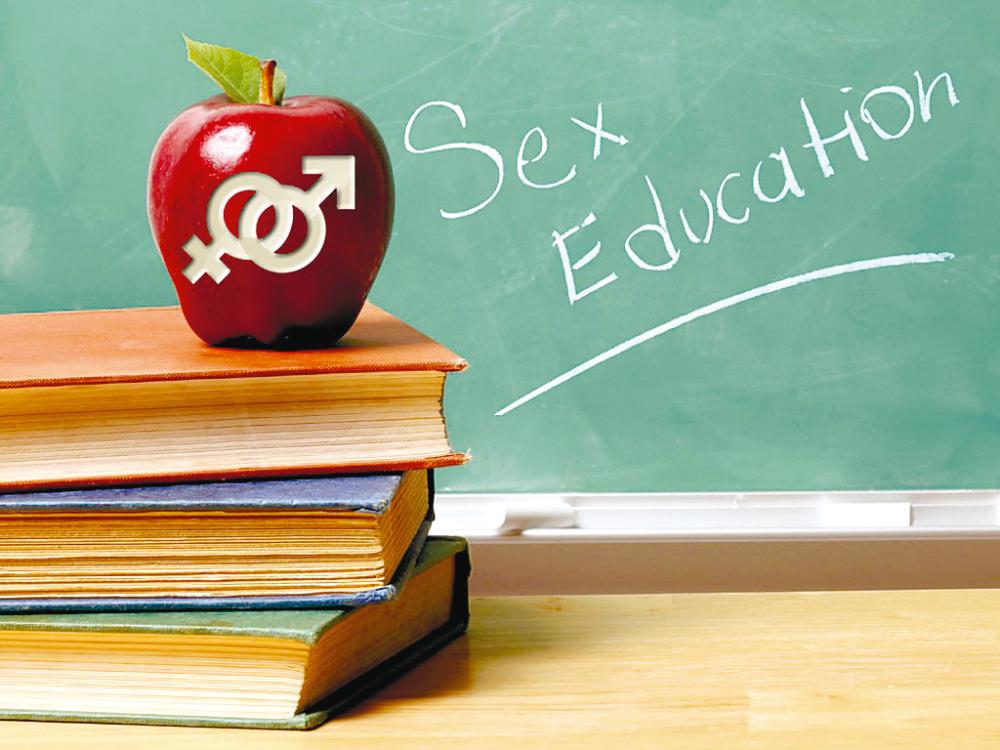IN the past week, a teacher received backlash for allegedly making rape jokes while explaining sexual harassment. This issue has triggered police reports, a cascade of strong public reactions from citizens and the civil society, and an important question: Was the teacher well equipped to teach sexuality education in the first place?
To answer this question, we must understand the landscape of sexuality education in Malaysia and the challenges faced by teachers before turning to practical solutions.
“Sex education”, “sexual education” and “sexuality education” are used interchangeably to denote an age-appropriate and culturally-relevant approach to teaching about sex and relationships with scientifically accurate, realistic and non–judgmental information.
In Malaysia, sexuality education has been integrated into secondary schools since 1989, and primary schools since 1994. It was part of subjects like science, language, Islamic and moral education. The initial module was called Family Health Education before it was renamed Sexuality Education in 2003.
As the term “sexuality” was perceived negatively, the module was renamed Reproductive Health and Social Education, or Pendidikan Kesihatan Reproduktif dan Sosial (PEERS). Since 2011, it was delivered as part of the Health Education subject, which has three components, namely PEERS (75%), diet (15%) and first aid (10%).
PEERS aims to equip students to make responsible decisions about their sexual and reproductive health by including topics like reproductive health, substance abuse, emotion management, family, relationships, diseases and safety.
PEERS is geared towards abstinence-only education that discourages sex by instilling fear of unplanned pregnancies and sexually transmitted diseases, rather than comprehensive sexuality education that builds decision-making capacity by educating the benefits of delaying sex. Teachers face many challenges in delivering sexuality education.
Firstly, some teachers do not feel comfortable discussing sexuality openly in a classroom as they did not grow up talking about it. Thus, they are reluctant to teach the subject.
Secondly, teachers have difficulty explaining and answering student’s questions as they may lack the knowledge and skills. Therefore, they either leave the questions unanswered, refer students to their parents or suggest that students look for further information online.
Thirdly, teachers are unclear of what can and cannot be discussed. They are afraid of being misquoted or misinterpreted or their statements leading to unintended negative consequences. If a curious student performs an online search and was led to pornography, parents may complain about the teacher.
Fourthly, teachers are provided with insufficient resources to aid teaching. Some are fearful about using additional online resources as the content may be inappropriate.
Fifthly, the time allocated for the subject, 30 minutes per week, is insufficient. Teachers require more time to facilitate activities and to answer students’ questions.
Finally, some teachers feel that teaching about sexuality should be the responsibility of parents. As a result, teachers may experience anxiety when they are asked to teach this subject, and they may explain certain topics vaguely or skip them altogether. It is, therefore, unsurprising that although sexuality education had been included in the education system for many years, 90% of university students in a 2011 survey by Universiti Kebangsaan Malaysia claimed that it had never been taught to them in schools.
Implementation of sexuality education is also challenged by the perception that sexuality is a taboo topic. Some religious groups oppose sexuality education as they argue that teaching sexuality could promote early sex despite being proven otherwise. They believe that religious teachings itself is enough. As sexual health may mean different things, it can be challenging to arrive at a consensus in a multi-religious country like Malaysia.
Many also disagree on the curriculum as some think the existing one is incomplete, while for others it is already teaching “too much”. There is also a lack of collaboration and multidisciplinary effort between government, teachers, non-governmental organisations, religious experts and health professionals.
To improve the delivery of sexuality education in schools, the Education Ministry needs to empower teachers to teach sexuality education.
Firstly, compulsory training must be provided for all teachers. They need to learn the “what” and “why” of sexuality education, how to identify their personal biases and how not to assert those biases onto students, and the dos and don’ts like using inappropriate jokes and irrelevant metaphors. They must also be guided on ways to overcome internal resistance, counter myths, broach sensitive topics, encourage shy students, and handle difficult questions and comments.
Secondly, teachers must be equipped with sufficient resources and effective teaching methods. They need to know where to find additional materials like videos and interactive modules that are safe and reliable.
Thirdly, a more robust monitoring and evaluation system should be established to ensure effective implementation of sexuality education at school, district, state and national levels. Areas for improvement must be identified periodically.
Fourthly, parents should be informed and engage in sexuality education so that they may be more supportive of the subject. Teachers are also more confident to teach when they are trusted by parents. If parents start to talk about sexuality at home, students will be more open to react and interact.
Teachers are the key to the success of school-based sexuality education. It is shown to delay the onset of sexual activity and reduce the risk of teenage pregnancy, HIV/AIDS
and sexually transmitted diseases among youth. With 18,000 Malaysian teenagers becoming pregnant every year, effective sexuality education cannot be delayed. Empower teachers with knowledge and effective skills to teach sexuality education.
Dr Rebecca Lee Pei Ern is a medical graduate and co-founder of Sexual Health Yes! Dr Khor Swee Kheng is a physician specialising in health systems & policies, and global health. Comments: letters@thesundaily.com










